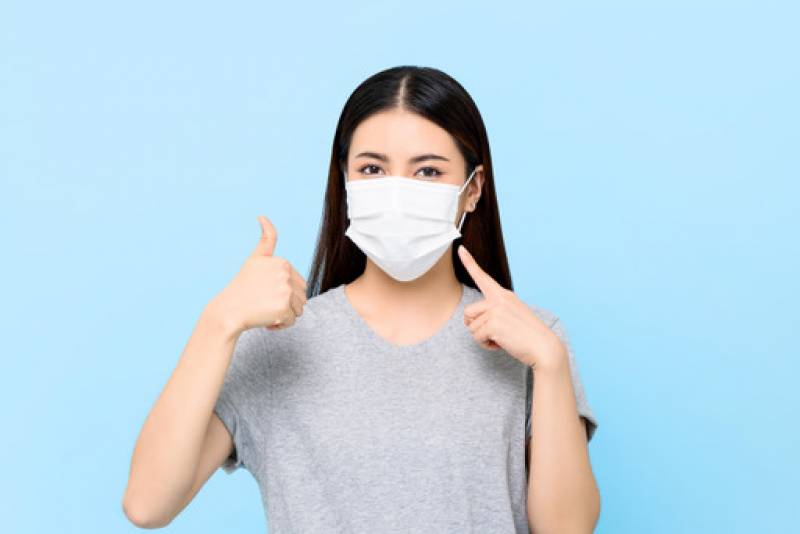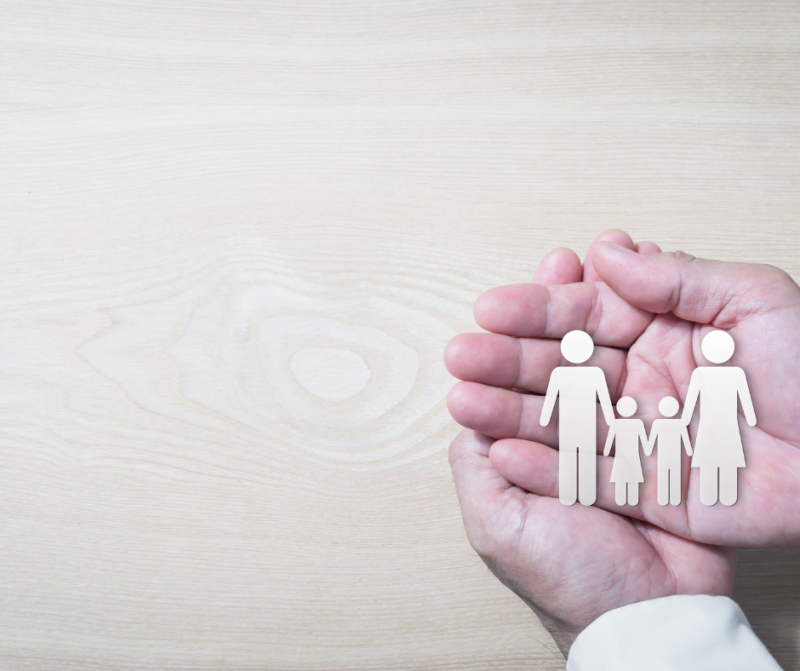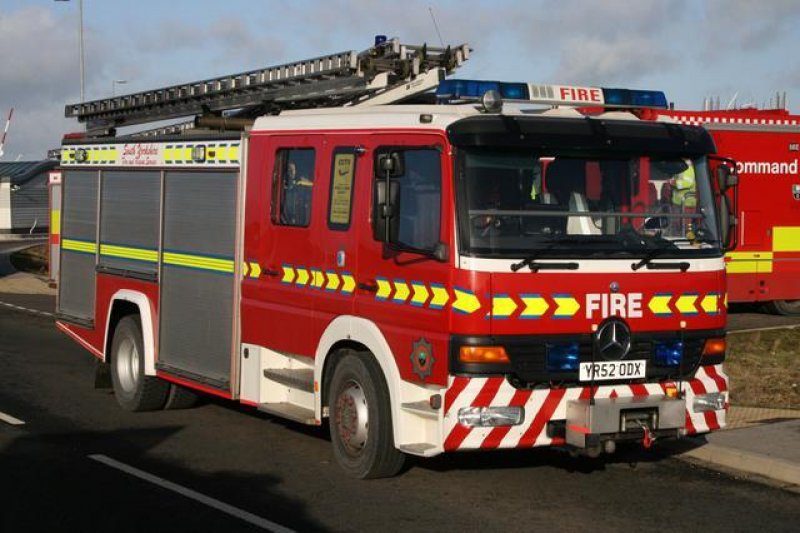Coronavirus has not gone away but we have moved into a new phase of dealing with it. We talk to a family about how it is moving forward and living with COVID-19, and consider key actions we can continue to help safeguard ourselves and others.
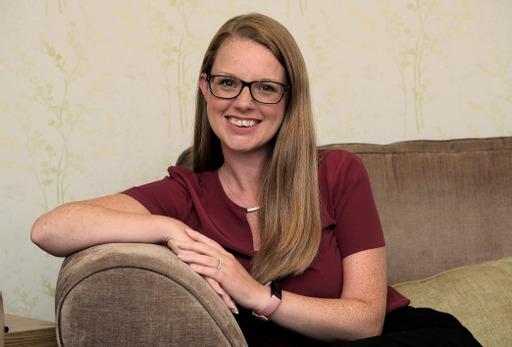
RECRUITMENT specialist and mum Kelly Dunn has been dealing with COVID-19 on two fronts – at home and work. She has followed the rules rigorously and seen the impact it has had on her two children and their education. She now hopes they can socialise more and celebrate their birthdays properly. As the restrictions are relaxed in England Kelly intends to maintain some safety protocols.
“We will wear masks on public transport or in busy confined areas as this pandemic has highlighted how quickly and easily germs can be transmitted.
“Carrying hand sanitiser has become the norm now and I don’t think that this will stop either.” Business-wise, it means she can push forward with new plans and not worry about anyone being off for up to 10 days self-isolating as this requirement has been removed in England.
“Events and seminars are coming back face to face which is important for businesses to grow and show their audience what they do. The world will keep turning at a smoother rate and we will all see a great difference to the stop/start of everything.”
The family is also looking forward to a holiday.
“I don’t think that we will be taking a holiday abroad this year but stay in the UK as we did last year.”
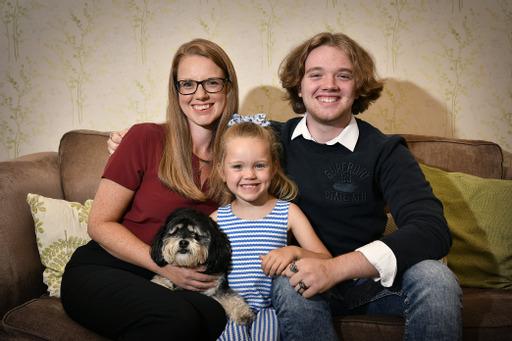
Simple steps to help us keep safe
You can still catch COVID-19 if you’ve been vaccinated and pass it on to others. Around one in three people who have COVID-19 have no symptoms and can spread it without knowing. That’s why a small number of simple actions that help you avoid breathing in someone else’s virus remain vital to keeping ourselves and others safe and life moving.
Ventilation
Inside, coronavirus particles hang around in the air like smoke. Let fresh air in when meeting indoors.
Prof Catherine Noakes, Professor of Environmental Engineering, Leeds University comments: “In an enclosed space, the infectious particles hang around in the air like smoke and can build up over time, increasing the risk of other people in the room breathing in the virus, especially if there is no ventilation helping to refresh the air. That’s why it’s so important to ventilate indoor spaces. Opening windows, even if just regularly for a short time, can make a big difference. This way fresh air can disperse and blow COVID-19 particles away to decrease the risk of others being infected.”
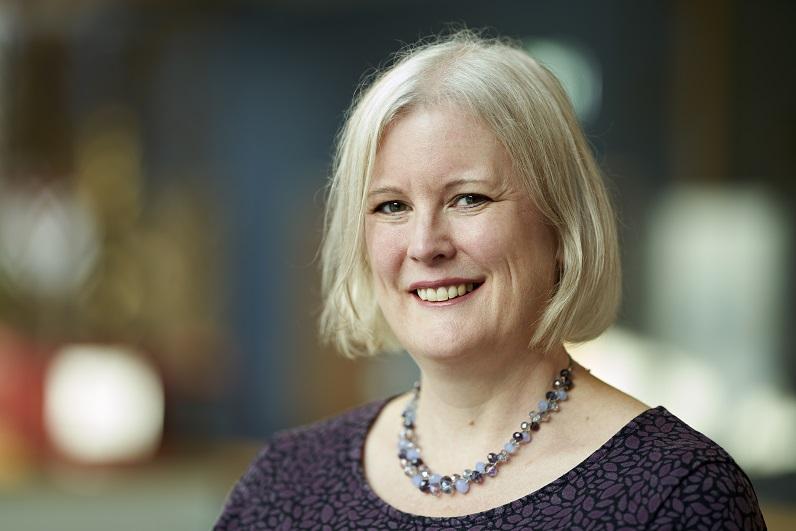
Prof Catherine Noakes, Professor of Environmental Engineering, Leeds University
Face coverings
To help stop the spread of COVID-19 wear a face-covering in enclosed public spaces.
Vaccines
Vaccines remain the best defence against COVID-19 by significantly reducing the risk of serious illness from the virus. For more information go to gov.uk/ coronavirus
Behaviour when ill
If you have COVID-19 symptoms. Stay at home, take a test and avoid contact with others.
The main symptoms of coronavirus are...
-
High temperature
-
New, continuous cough – this means coughing a lot for more than an hour, or three or more coughing episodes in 24 hours
-
Loss or change to your sense of smell or taste
For further information, visitng gov.uk/ coronavirus
Northern Ireland: nidirect.gov.uk/coronavirus
Scotland: gov.scot/coronavirus-covid-19

#Government sponsored article





